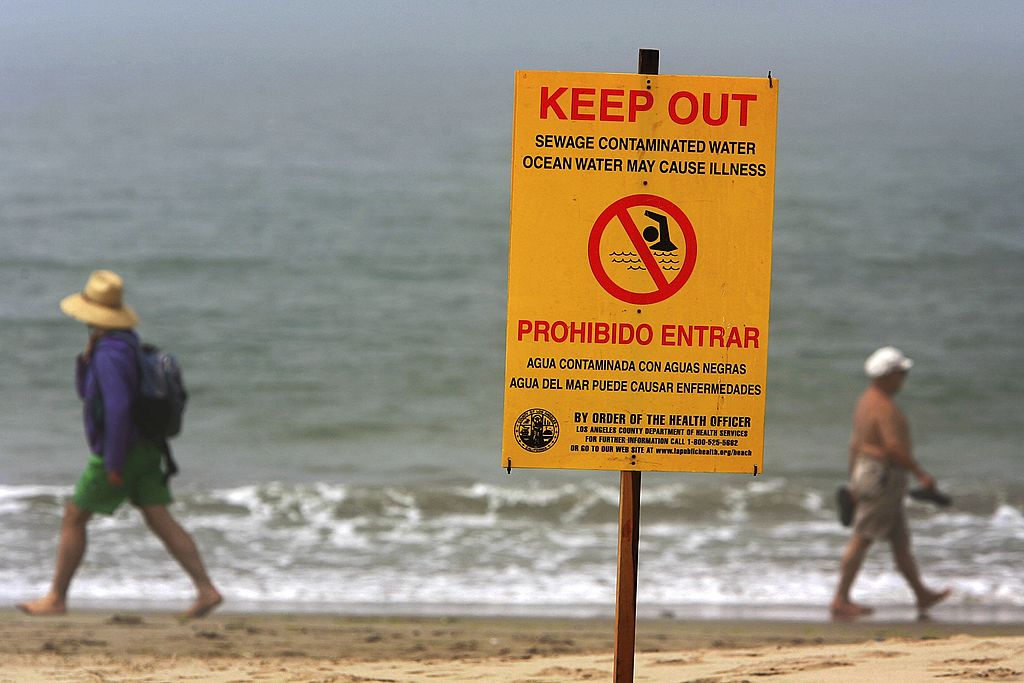SAN DIEGO—The Board of Supervisors voted unanimously on Sept. 13 to continue a state of emergency due to pollution and sewage flowing across the U.S.-Mexico border.
On June 27, board Chairwoman Nora Vargas and Vice Chair Terra Lawson-Remer introduced the proclamation, which asks Gov. Gavin Newsom and President Joe Biden to issue similar declarations to “suspend red tape that may hinder response efforts, and expedite access to federal resources for San Diego County.”
Supervisors at that time also directed the chief administrative officer to report back within 120 days with a review of economic impacts resulting from U.S.-Mexico border transboundary pollution, and pursue available federal and state funding.
Ms. Lawson-Remer and Ms. Vargas represent districts with coastal regions. In June, the two said that for several decades “the Tijuana River has caused immense devastation to the coastlines and beaches of San Diego County, resulting in contamination and pollution.”
Extensive documentation by the U.S. International Boundary and Water Commission has found “that since 2018, more than 100 billion gallons of toxic effluent have entered the United States through the Tijuana River,” according to Ms. Lawson-Remer and Ms. Vargas.
They added that “an alarming 35 billion gallons have crossed the international border flowing north from another broken sewage treatment plant in Punta Bandera” since Dec. 28, 2022, which impacts the San Diego coastline during the summer.
Another consequence of poor water quality is Imperial Beach’s south side being closed for over 550 consecutive days due to the persistently poor water quality, Ms. Vargas and Ms. Lawson-Remer said.
While the county has spent money to improve storm water infrastructure, half of the $300 million in federal funds will go toward upgrades and deferred maintenance, rather than expanding a wastewater treatment plant, Ms. Lawson-Remer said.
Local governing bodies are required to review the need for continuing an emergency declaration at least once every 60 days.













